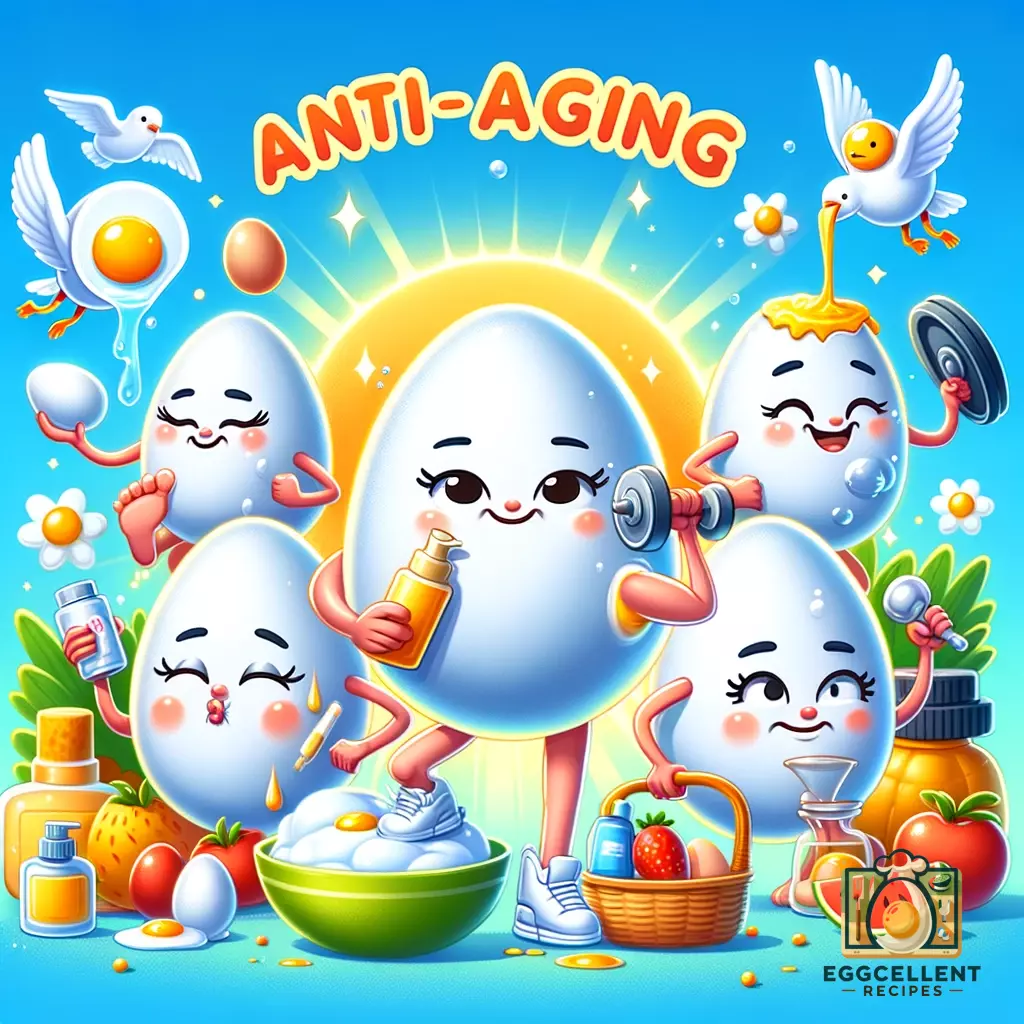
The aging journey is accompanied by nuanced changes in nutritional requirements, necessitating a diet that supports longevity, cognitive health, and physical vitality. In this context, the humble egg emerges as a dietary cornerstone, offering a broad spectrum of vital nutrients. This discourse explores the multifaceted contributions of eggs to a diet geared towards healthy aging, underscoring their value in maintaining physiological and cognitive functions.
Comprehensive Nutrient Profile
Eggs are lauded for their exceptional nutrient density, encapsulating a variety of vitamins, minerals, and bioactive compounds:
- High-Quality Protein: Integral for the maintenance of muscle mass and functional strength, mitigating the risk of sarcopenia.
- Vitamins D and B12: These vitamins are crucial, respectively, for bone health and the maintenance of neurological function, both of which are critical concerns in older adults.
- Choline: A vital micronutrient for brain health, choline’s role in cognitive function and its potential to mitigate cognitive decline is of paramount importance.
- Antioxidants Lutein and Zeaxanthin: These compounds are significant for their protective effects against age-related ocular diseases.
Impact on Muscle Health and Mobility
The preservation of muscle mass and strength is critical for sustaining mobility and independence in later life. The complete protein in eggs, endowed with all essential amino acids, plays a vital role in supporting muscle repair and synthesis, thereby contributing to the maintenance of physical autonomy.
Cognitive Function and Brain Health
The nutrient composition of eggs, particularly the presence of choline, supports neurological health. Choline’s involvement in neurotransmitter synthesis and membrane integrity is instrumental in sustaining cognitive capacities and possibly in reducing the incidence of age-related cognitive decline.
Bone Health and Structural Integrity
The provision of Vitamin D within eggs addresses the critical need for maintaining bone mineral density and reducing the susceptibility to fractures, a prevalent concern among the elderly population.
Ocular Health Preservation
The antioxidants lutein and zeaxanthin, concentrated within the egg yolk, offer protection against the oxidative stress implicated in cataracts and macular degeneration, prevalent ocular conditions in the aging population.
Dietary Integration and Practical Recommendations
While the nutritional benefits of eggs are manifold, their inclusion in the diet should be balanced and considerate of individual health profiles. The versatility of eggs in culinary applications enhances their appeal, facilitating their integration into the daily dietary regimen.
Conclusion
The role of eggs in the diet of older adults is indispensable, offering a rich source of nutrients essential for mitigating the impacts of aging on muscle function, cognitive health, bone density, and ocular integrity. Their nutritional profile, coupled with culinary versatility, positions eggs as a pivotal component of the healthy aging diet.






